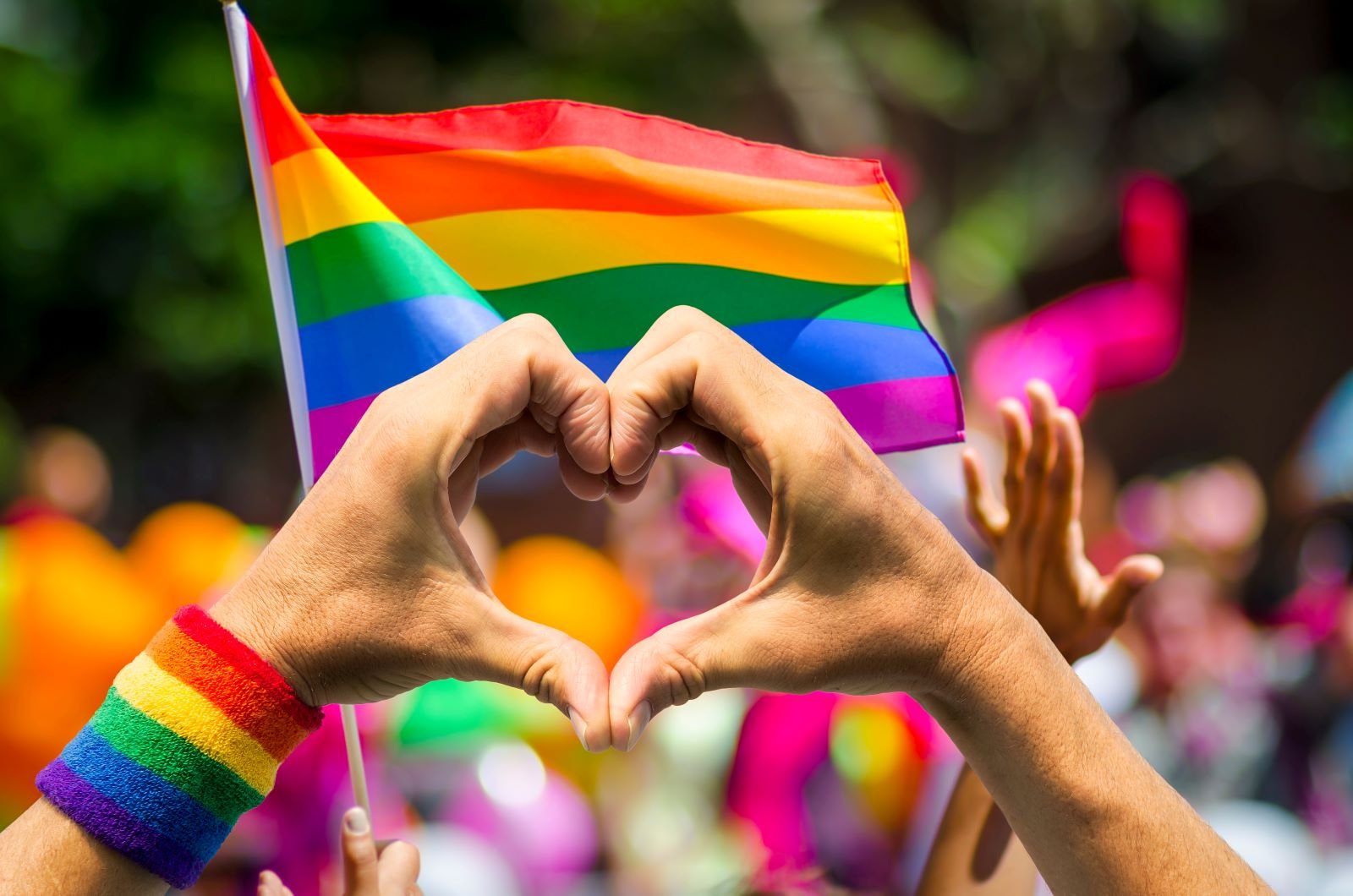The Boomers or the Baby Boomers refers to the generation born between 1946 and 1964. These people grew up in an environment where specific values and institutions were highly regarded. However, as society has evolved, some of these revered aspects of Boomer culture have transitioned from objects of respect to subjects of jest and mockery.
Let’s explore the top phenomena that were once profoundly respected by Boomers but have now become fodder for jokes and satire in today’s world. We formulated our research using insights from various online platforms.
The Corporate World

Climbing the corporate ladder was a respected pursuit during the Boomer generation. Boomers deeply respected the concept of the American Dream, whereby hard work and perseverance lead to upward social mobility and financial success.
In modern times, corporate culture is sometimes criticized for its bureaucracy, greed, and over-exhausting practices. Economic inequality and systemic barriers have proved that the American Dream is more of an unrealistic fantasy now.
Traditional Gender Roles

Boomers were raised in a time when traditional gender roles were the norm. Men were seen as breadwinners and women as homemakers. These roles began shifting significantly in the latter half of the 20th century. A marked increase in women’s participation in the labor force illustrates this change. By 2014, 57% of women aged 16 and older worked outside the home, a significant rise from 33.9% in 1950. Today, the adherence to such rigid gender roles is often viewed with criticism, as modern society favors more fluid and equal gender and family dynamics.
Authority Figures and Age Hierarchy

Boomers were raised to respect authority figures such as parents, teachers, and law enforcers. They honored the elderly based solely on age, regardless of their achievements or skills. However, Millennials and Gen Z tend to respect competence over age. The awareness of unfair practices has led to a more critical view of authority figures. Today’s media often depicts authority figures as corrupt or ineffective, challenging the traditional respect once granted without question.
Formal Attire

In the Boomer era, dressing formally for special occasions was a sign of respect and decorum. Suits, ties, and dresses were standard attire for events ranging from weddings to business meetings. The later generations are more comfortable in casual and informal appearances. Formal attire is often seen as stuffy and outdated unless mandated in a professional setting. Dress codes have loosened, and personal expression precedes traditional notions of respectability. A 2023 Gallup survey states that 41% of American workers wear business casual attire to the office.
Organized Religion

Religious institutions held significant sway during the Boomer generation. They attended religious services and adhered to religious teachings quite sincerely. Abiding by religious norms was considered a marker of moral character and spiritual fulfillment.
Nowadays, society is increasingly becoming secular and diverse. Thus, organized religion is sometimes viewed with skepticism or disdain. In a 2022 survey, 26.8% of Americans said they were unaffiliated with any religion. The percentage of attending a religious center has also declined from 44% in 2000 to 32% in 2023.
Heteronormativity

Boomers grew up in a time when society largely embraced heteronormativity. They viewed heterosexual relationships as the standard due to cultural expectations and traditional gender roles. Over time, societal views have broadened to include and accept diverse sexual orientations and gender identities. Thus, heteronormativity is now seen as restrictive and outdated. This shift reflects a growing understanding that such norms are too narrow.
Recent Gallup Polls show that Millennials and Gen-Z are much more open to LGBTQ+ identities than older generations. This highlights a significant change in attitudes toward sexuality and gender diversity.
The Military

Boomers came of age during significant military conflicts, including the Korean War, Vietnam War, and Gulf War. They also experienced the overarching tensions of the Cold War era. Thus, serving in the armed forces was often seen as a noble and honorable pursuit. A 2017 poll suggests that people over 55, primarily the Boomer generation, had more regard for military forces than younger ones.
With the legacy of controversial wars and conflicts, the military is sometimes portrayed more ambiguously now. Military practices and policies are scrutinized as younger generations become more concerned with human rights.
Political Institutions

Boomers witnessed significant political upheavals from the civil rights movement to anti-war protests. Political engagement and respect for democratic institutions were once revered values. The younger generations in the United States have become more disillusioned with politics, while distrust of government institutions has significantly increased. Criticism of corrupt politicians and dysfunctional bureaucracies has undermined the once-unquestioned respect for political authority.
Glorifying Marriage and Stigmatizing Divorce

Marriage was often considered a lifelong and sacred institution in the Boomer era. Even though divorce rates in America rose primarily in the Baby Boomer generation, the concept was largely stigmatized. With changing social norms and attitudes toward marriage and relationships, divorce is now more accepted. Dysfunctional marriages no longer idolize the image of marital stability and respectability. The marriage rate in the U.S. has declined from 61% in the Boomer generation to 44% for Millennials. Younger people now question the familial foundations respected by Boomers.
Hierarchical Structures

Boomers were raised within hierarchical structures in various aspects of life. From the workplace to the family unit, typical notions of hierarchy based on gender, age, and race were normal. However, with the rise of movements advocating for equality and inclusivity, hierarchical structures are now mostly viewed as oppressive and outdated. Younger generations no longer respect rigid corporate hierarchies and patriarchal family dynamics. On the other hand, racial hierarchy is an unacceptable thing in America with more awareness of diversity and inclusivity.
Print newspapers:

Boomers often relied on print newspapers for their daily dose of news and information. However, the decline of print media in favor of digital news sources has led to jokes about the perceived irrelevance and old-fashioned nature of print newspapers.
Hard work and loyalty to one company

Boomers were known for their dedication to their careers and loyalty to one company for many years. However, in today’s job market, where job hopping and freelance work are more common, the idea of staying with one company for life is often joked about as being unrealistic and outdated
Financial conservatism:

Boomers were often praised for their financial conservatism and cautious approach to money management, including saving for retirement and avoiding debt. However, in a culture that increasingly values experiences over possessions and prioritizes instant gratification, the Boomer mindset towards finances is sometimes considered overly frugal or out of touch.
Handwritten correspondence

Boomers valued handwritten letters and cards as a personal and thoughtful means of communication. However, in an era dominated by email, text messaging, and social media, the practice of sending handwritten correspondence is often joked about as old-fashioned or overly sentimental.
